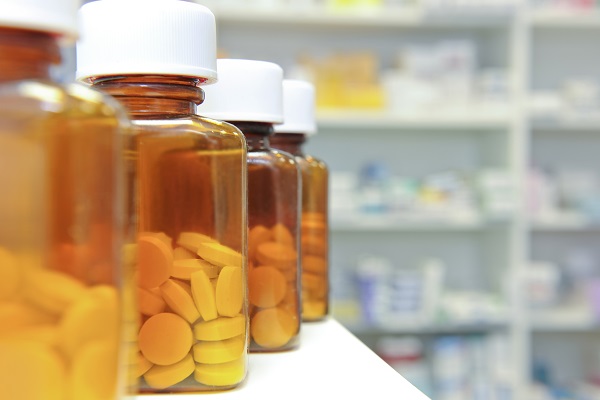Federal opioid trial averted by last-ditch settlement

Teva and three pharma wholesalers have agreed a $260 million settlement with two Ohio counties over their role in fuelling the opioid epidemic in the US.
The eleventh-hour agreement means that the federal trial that had been scheduled to start yesterday in Cleveland and accused the four of a conspiracy to profit from opioid addiction has not gone ahead.
Negotiations over a broader settlement between drugmakers, wholesalers and state and local authorities footing the bill for the opioid crisis – estimated at around $50 billion – have collapsed, which means that litigation involving around 2,700 other plaintiffs across the US is still pending.
Teva and the other companies suggest however that the last-minute deal has bought time for talks on a global settlement to continue, with the drugmaker saying that there is an agreement in principle on that with attorneys general from North Carolina, Pennsylvania, Tennessee and Texas.
If that is the case, the Ohio settlement could serve as a benchmark for the remainder of the litigation, which involves dozens of companies, and a path to a deal, but it is understood that other states, cities and counties are resisting.
Johnson & Johnson was also cited in the suit but settled for $20 million earlier this month, having lost an earlier trial in Oklahoma that resulted in a damages judgment of $572 million. Purdue Pharma, Endo, Mallinckrodt and Allergan have also settled with the counties in the last few months.
Pharmacy group Walgreens Boots Alliance was involved in the negotiations but opted not to settle, and will face a postponed trial along with other pharmacy chains CVS and Walmart at a later date.
The settlement between Teva and Cuyahoga and Summit counties in Ohio will see the pharma company provide $20 million in cash and $25 million in a generic of Suboxone (buprenorphine) to treat opioid addiction over a three-year period. If a global deal is reached it will pay $250m and donate treatment worth $23bn over a 10-year period, according to the company.
Meanwhile, the three distributors – AmerisourceBergen, Cardinal Health and McKesson – have agreed a $215 million payment. Under a global settlement, they would pay $18 billion and provide $2.5 billion in free distribution and about $500 million to create a clearing house to monitor for opioid abuse.
The two counties were suing for a total of $7 billion, and said that the $260 million agreed would not be enough to foot the bill for the huge burden on emergency services and social care systems handling the consequences of opioid addiction.
All told, more than 20 companies have been named in US lawsuits seeking redress for activities that are claimed to have fuelled the epidemic of opioid abuse in the US, which according to the Centers for Disease Control and Prevention (CDC) has claimed around 400,000 lives over an 18-year period.
The pharma manufacturers are accused of aggressive marketing tactics to drive up prescriptions of opioids and downplaying their addictive potential, while it is alleged that the wholesalers and pharmacies ignored legal requirements to restrict delivery and dispensing of the drugs.
All have denied wrongdoing, but according to lawyers for the plaintiffs they are keen to avoid trial to ensure that their businesses' practices are not opened up to public scrutiny.
OxyContin (oxycodone) manufacturer Purdue Pharma is not involved in the negotiations as it has been trying to agree a separate $10 billion-plus settlement deal with the authorities after filing for bankruptcy in September.












